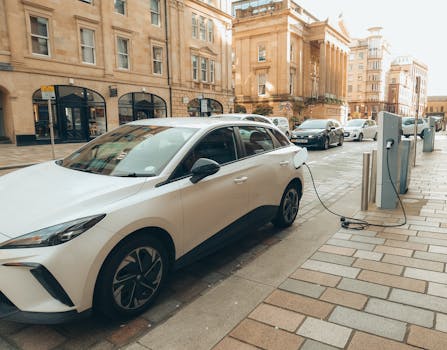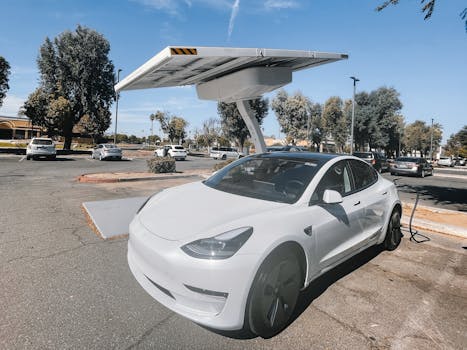
Smart Cities: Urban Trends for 2025
Smart Cities are at the forefront of urban development, incorporating innovative technologies and sustainable practices to create a better quality of life for citizens. As we approach 2025, it’s essential to explore the latest trends shaping the future of our cities.
Introduction to Smart Cities

Smart Cities use data and technology to improve the efficiency and sustainability of urban services, such as transportation, energy, and waste management. By leveraging the Internet of Things (IoT), artificial intelligence, and other digital technologies, cities can become more livable, workable, and sustainable.
Urban Trends for 2025

So, what can we expect from Smart Cities in 2025? Here are some of the top urban trends to watch:
- Sustainable Energy: Cities will continue to prioritize renewable energy sources, such as solar and wind power, to reduce their carbon footprint and reliance on fossil fuels.
- Electric Transportation: Electric vehicles will become increasingly popular, with many cities investing in EV charging infrastructure and incentivizing citizens to switch to eco-friendly transportation.
- Smart Infrastructure: Cities will incorporate smart technologies into their infrastructure, such as intelligent traffic management systems, smart lighting, and energy-efficient buildings.
- Urban Agriculture: With the global population projected to reach 9.7 billion by 2050, urban agriculture will play a vital role in ensuring food security and sustainability in cities.
- Digital Governance: Cities will leverage digital platforms to engage with citizens, provide services, and make data-driven decisions, enhancing transparency and accountability.
Benefits of Smart Cities

The benefits of Smart Cities are numerous, including:
- Improved Quality of Life: Smart Cities offer a better quality of life for citizens, with access to clean air, water, and sanitation, as well as efficient transportation and public services.
- Increased Efficiency: Smart Cities use data and technology to optimize urban services, reducing waste and improving resource allocation.
- Enhanced Sustainability: By prioritizing renewable energy, reducing waste, and promoting eco-friendly practices, Smart Cities contribute to a more sustainable future.
- Economic Growth: Smart Cities attract businesses, talent, and investment, driving economic growth and development.
Challenges and Opportunities

While Smart Cities offer many benefits, there are also challenges to be addressed, such as:
- Data Privacy and Security: The increased use of data and technology in Smart Cities raises concerns about data privacy and security.
- Equity and Inclusion: Smart Cities must ensure that all citizens have access to the benefits of technology and urban development, regardless of income, age, or ability.
- Infrastructure and Funding: Implementing Smart City initiatives requires significant investment in infrastructure and funding, which can be a challenge for many cities.
Despite these challenges, the opportunities presented by Smart Cities are vast, and by working together, we can create a more sustainable, equitable, and livable urban future.
Conclusion

In conclusion, Smart Cities are revolutionizing the way we live and work, and the urban trends for 2025 are exciting and promising. By prioritizing sustainability, technology, and innovation, cities can become more efficient, livable, and sustainable, offering a better quality of life for all citizens.





